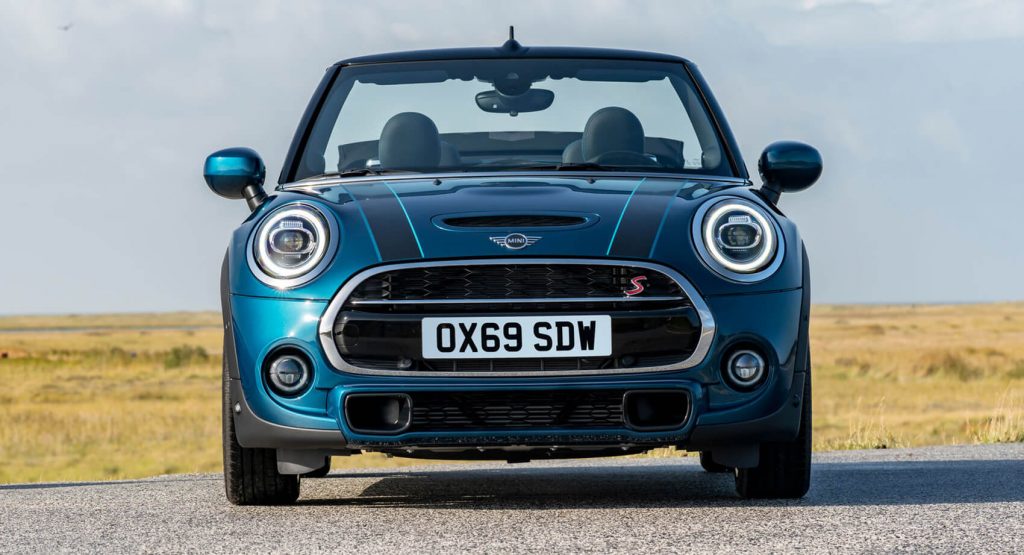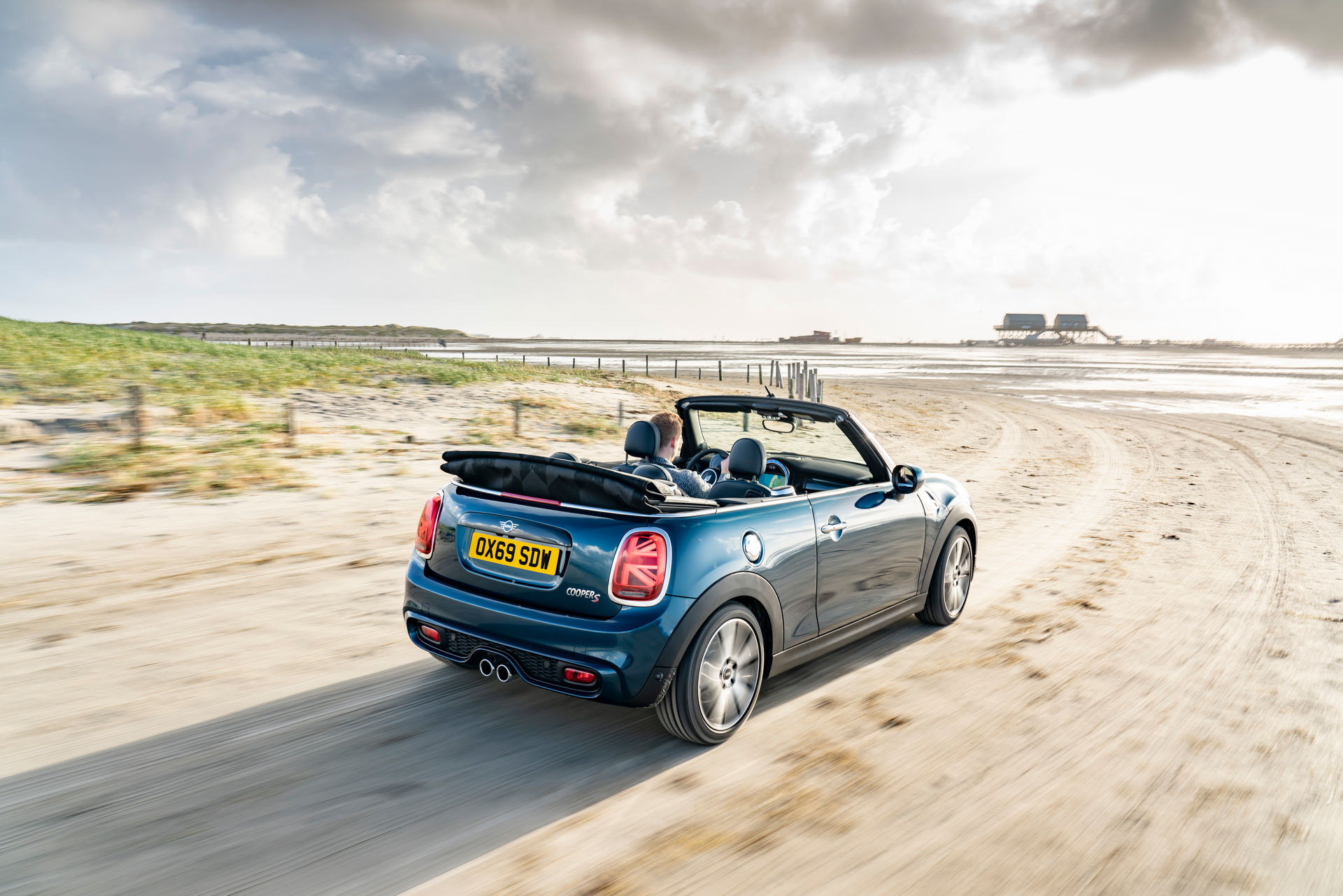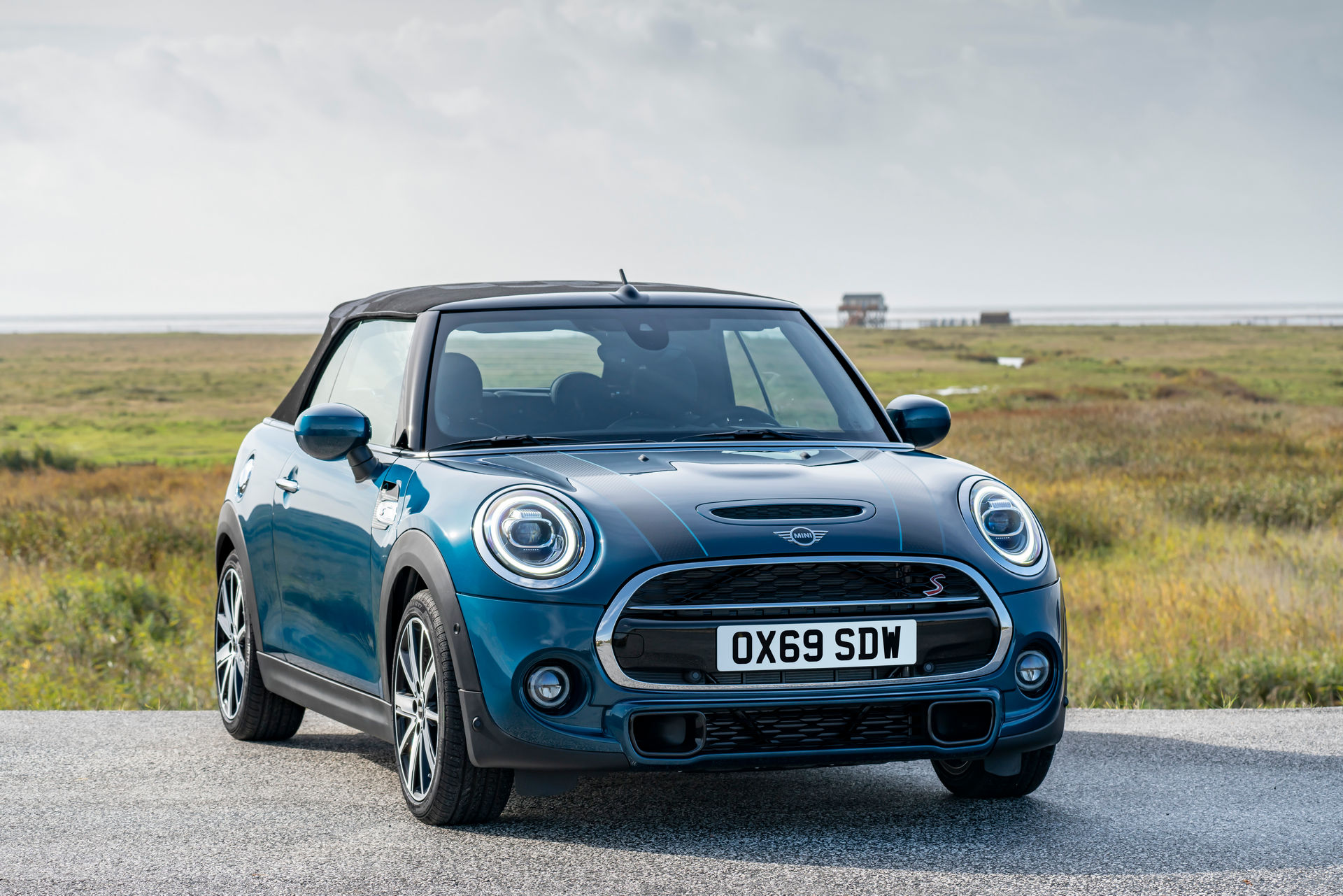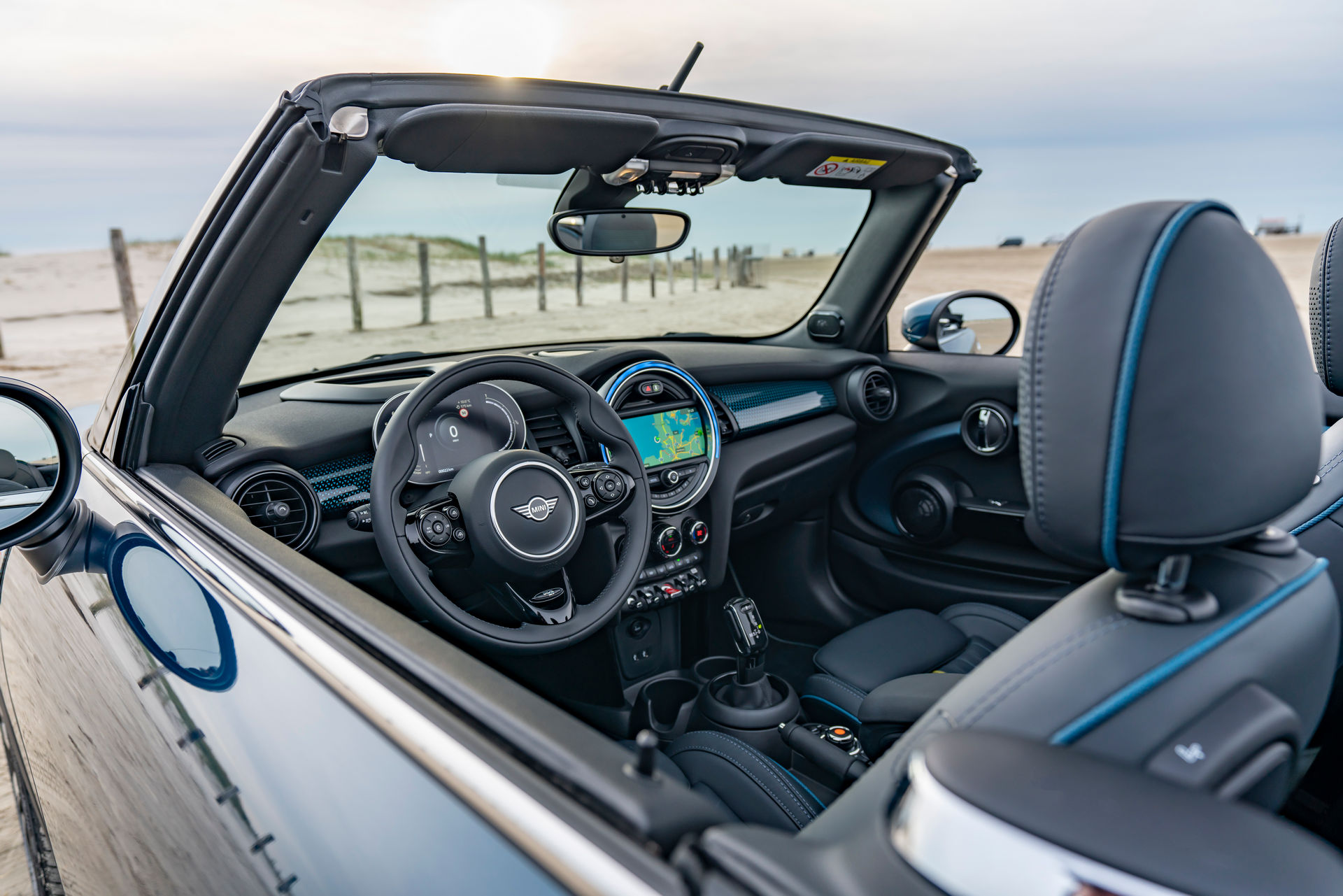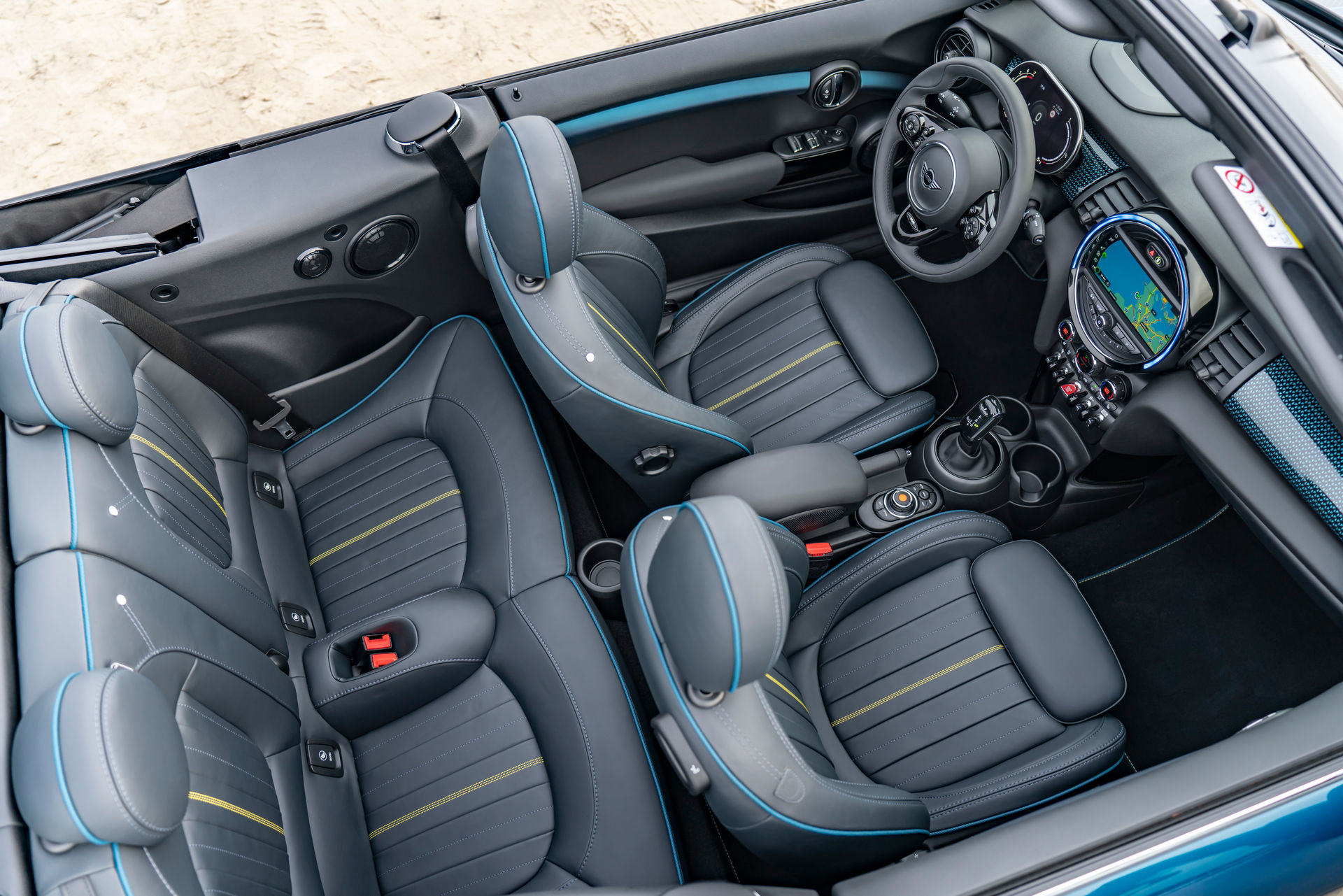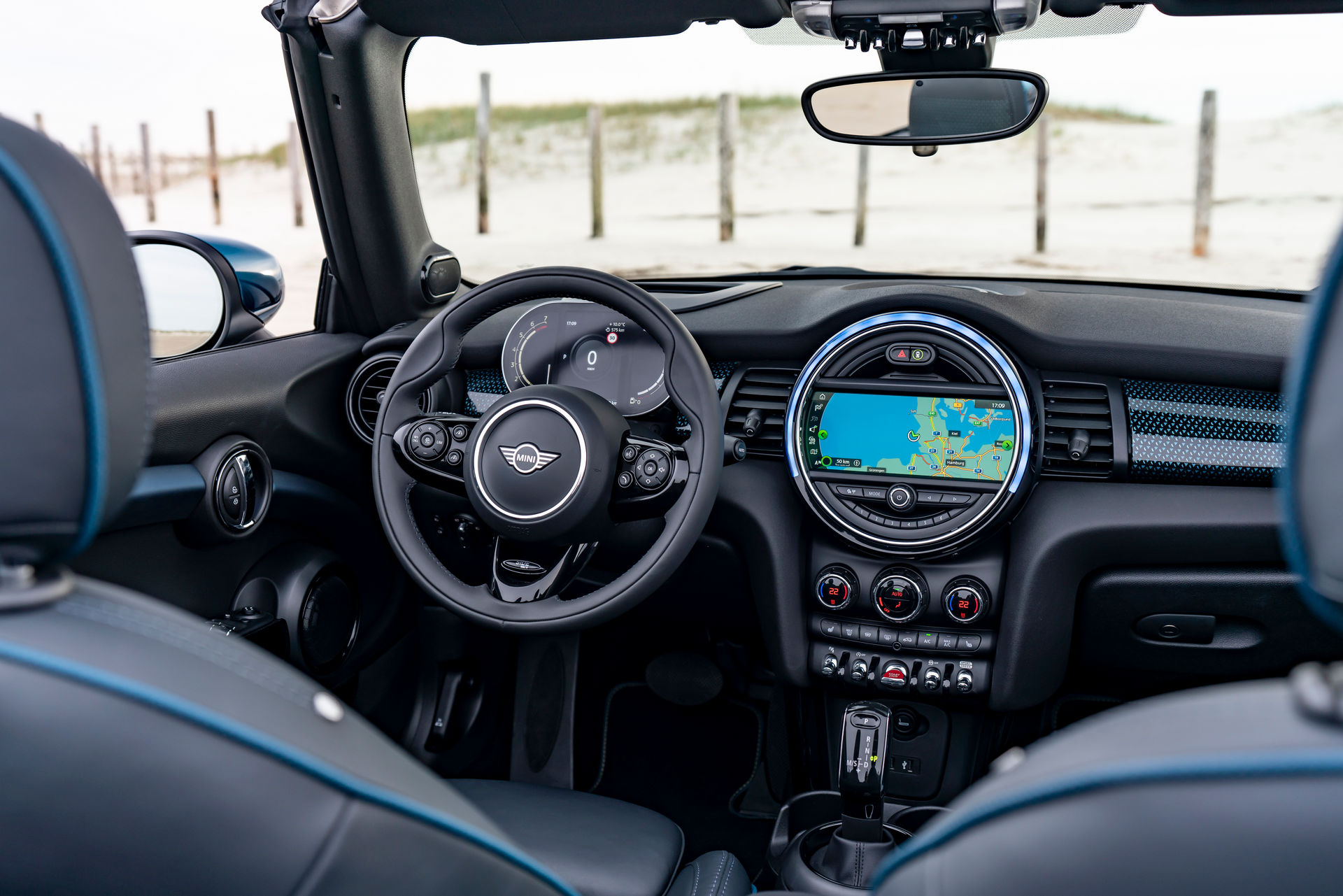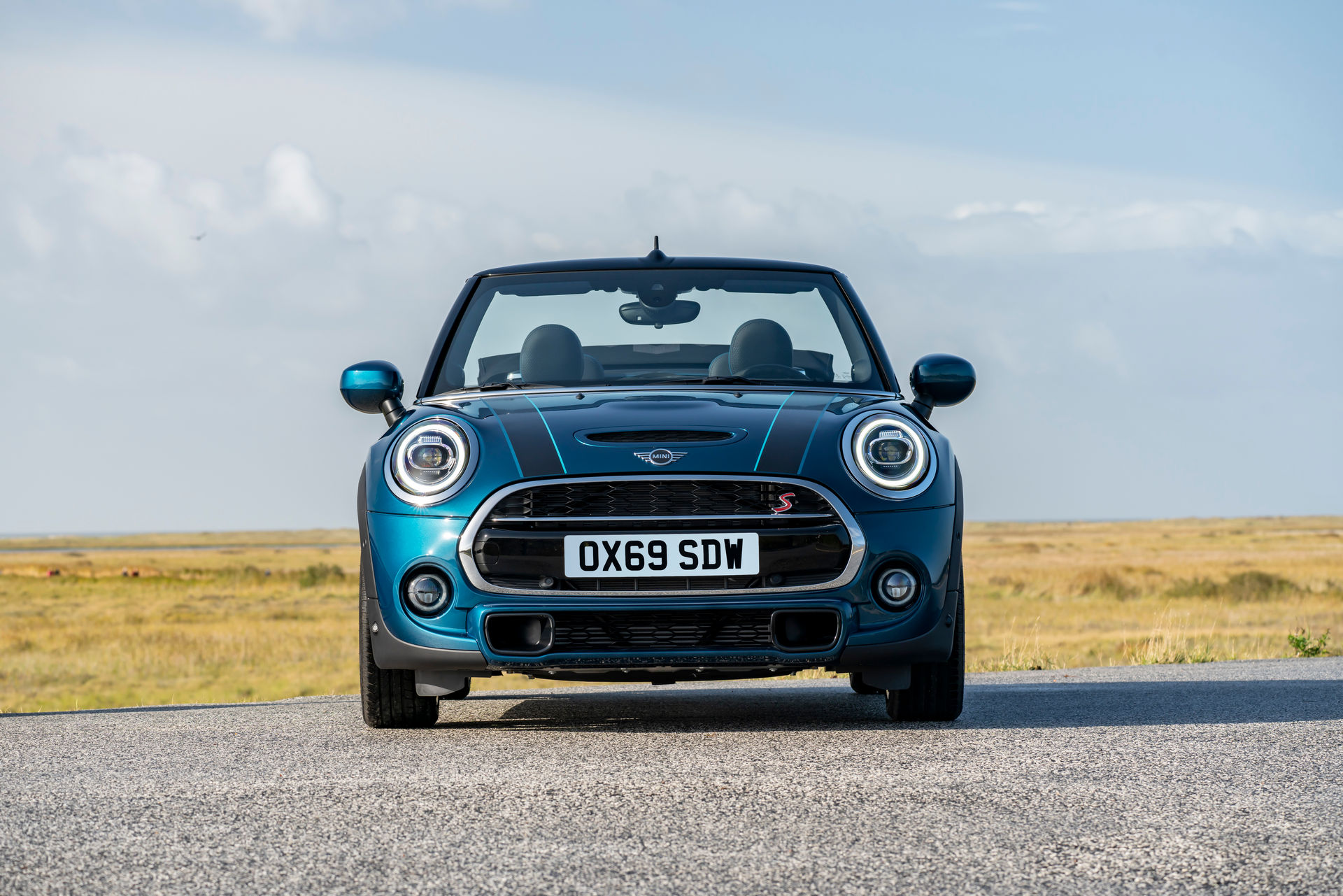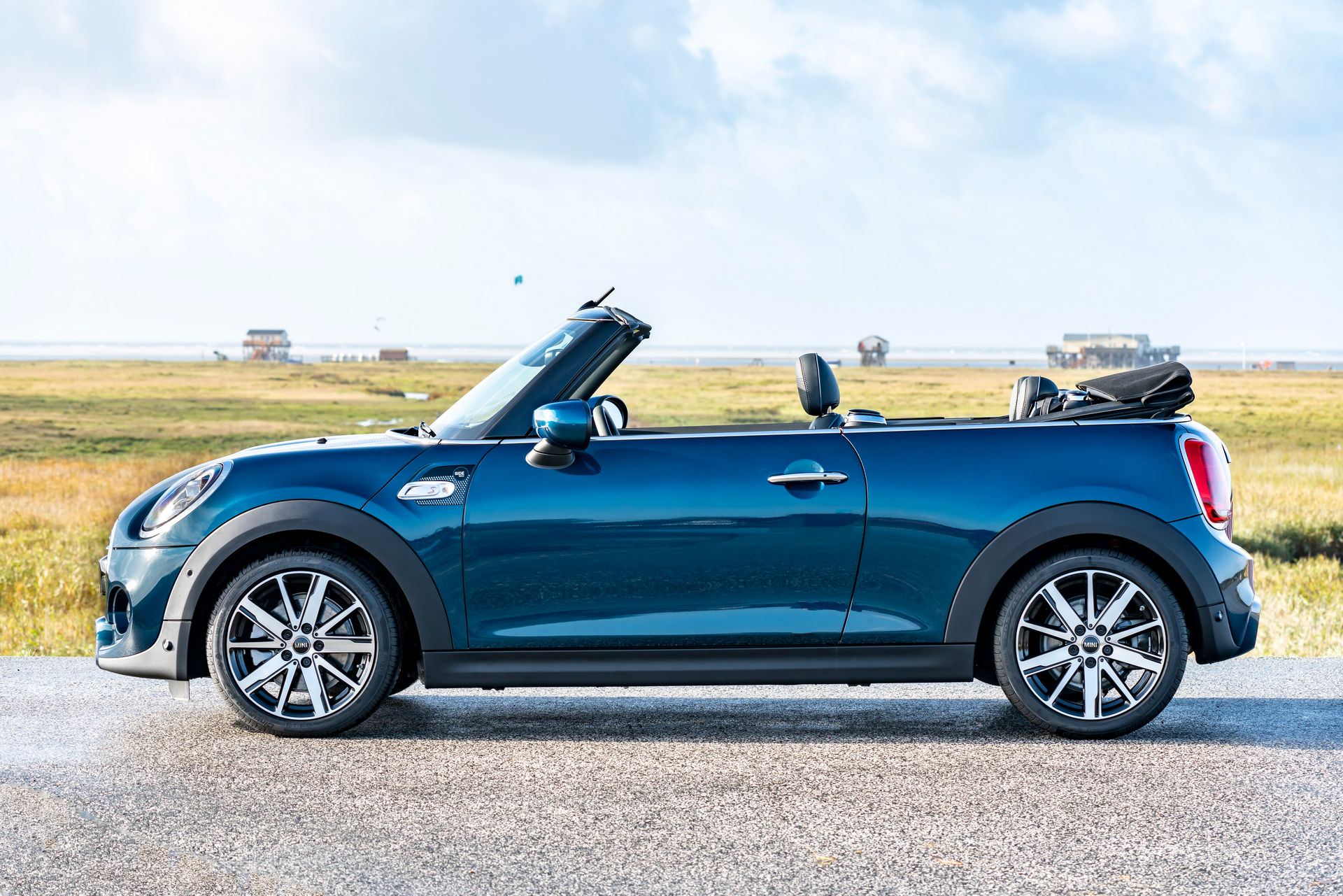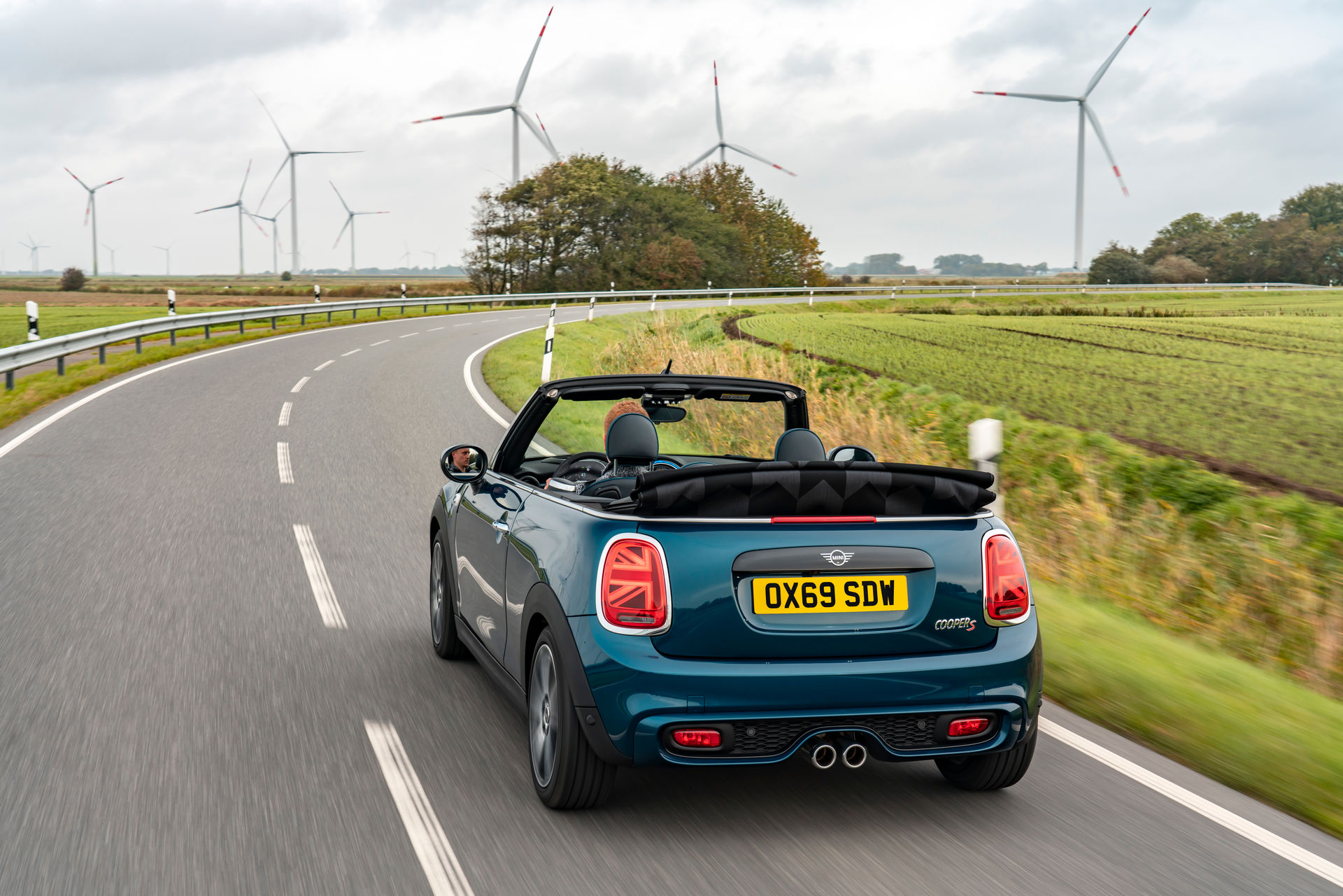The United Kingdom has officially left the European Union on January 31, after 47 years of membership.
It goes without saying that this decision will affect many branches of the economy, including the automotive industry. One automaker concerned about the future trade tariffs is BMW‘s MINI, which has delayed the introduction of its next-generation models, according to a report from Reuters.
The news agency quoted BMW spokesman Maximilian Schoeberl, who said that “the lifespan of this platform has been extended” due to “cost reasons and because of Brexit”. This means that the current MINIs, which recently turned six, will stick around for a few more years.
Read Also: BMW Will Make Future Electric MINIs With Great Wall In China
As for the cost-saving measures, these were announced by MINI’s parent company, the BMW Group, and will see them save €12 billion ($13.3 billion) before the end of 2022. To do this, they will shed half of the available engine and transmission combos and will also cut vehicle development costs.
Metzler auto analyst Juergen Pieper told the news agency that new car architectures cost around €1 billion ($1.1 billion) in R&D and are usually kept for roughly six years.
The current MINI models are built at two factories, at Oxford, in the UK, and at Born, in the Netherlands. Both facilities will require cash injections to switch to building next-gen cars but BMW won’t risk its finances on large scale investments until the negotiations between Britain and the EU enter a normal path.
Chief Executive Oliver Zipse explained in 2019 that “if tariffs are in the range of zero and 5 percent, the business case would not dramatically change”, referring to the UK factory. In terms of sales, MINI witnessed a 4.1 percent drop last year to 346,639 units delivered. 234,501 cars were made by BMW at Oxford in 2018 and another 211,660 in the Netherlands, up 39 percent compared to 2017.



